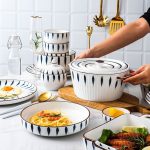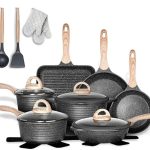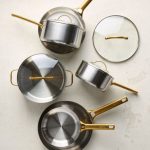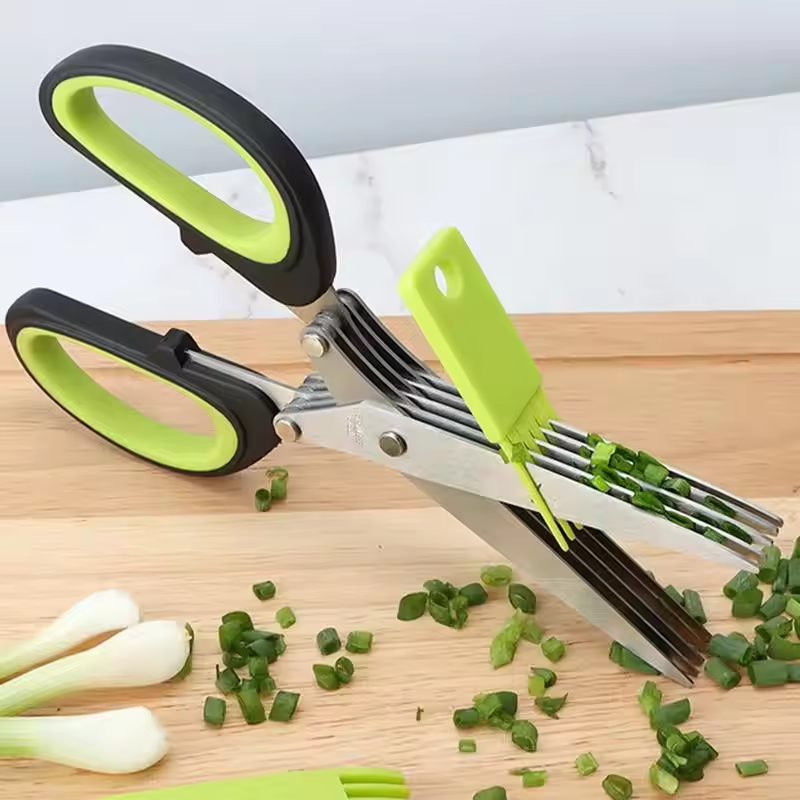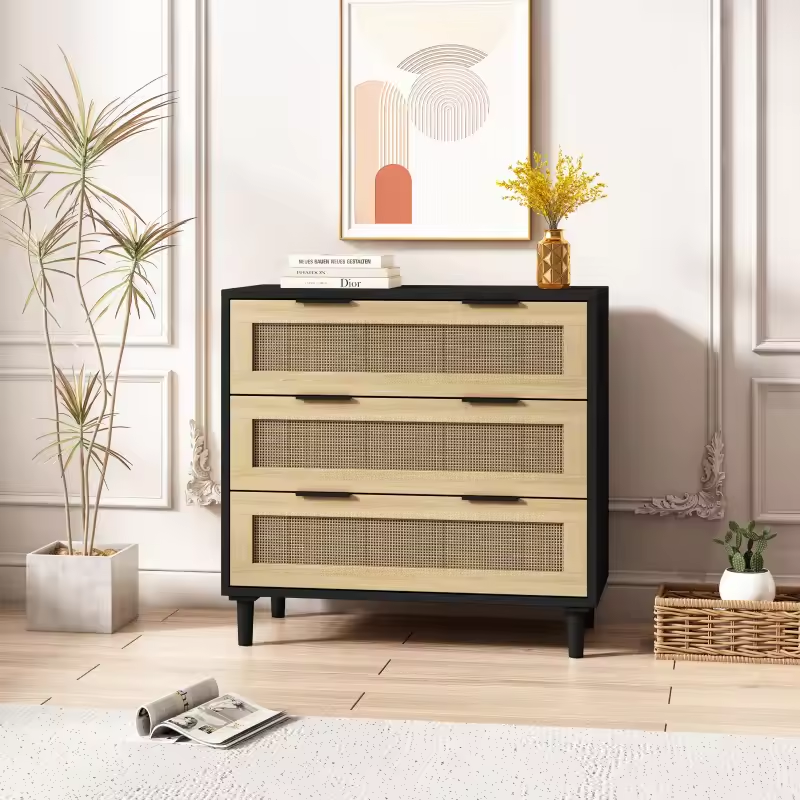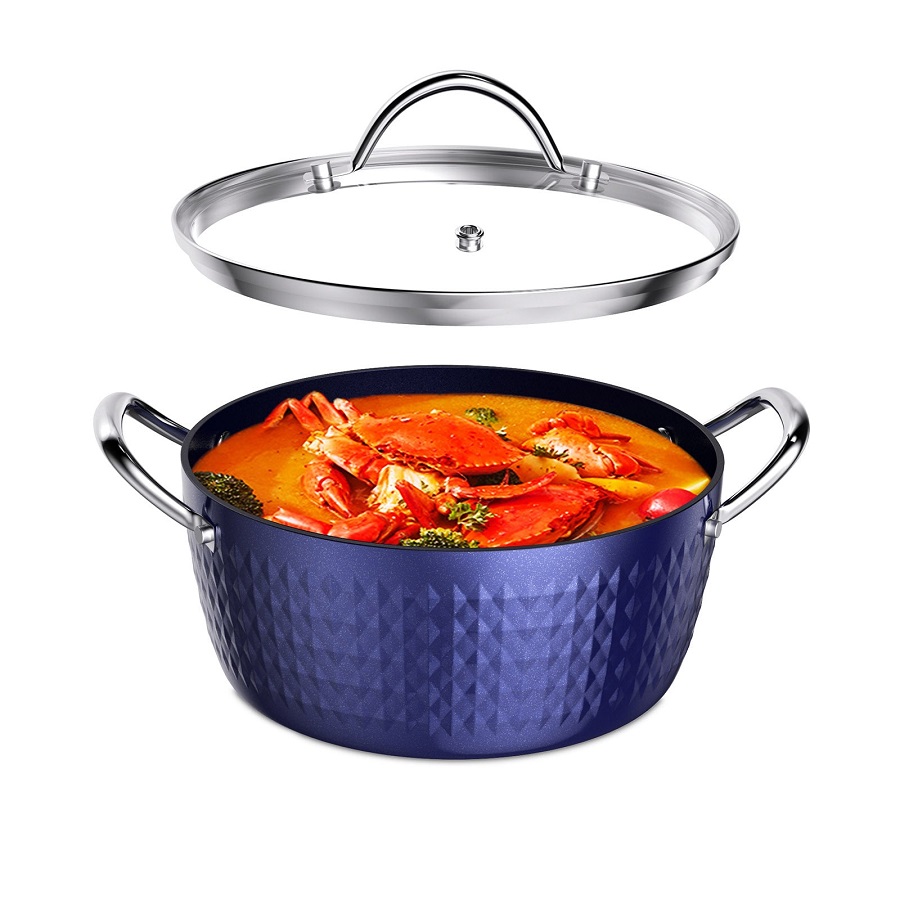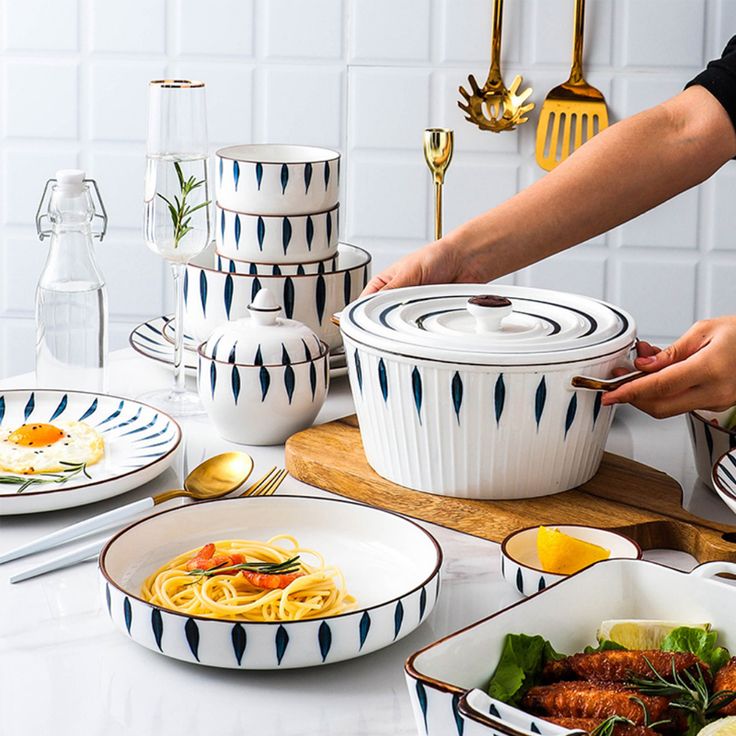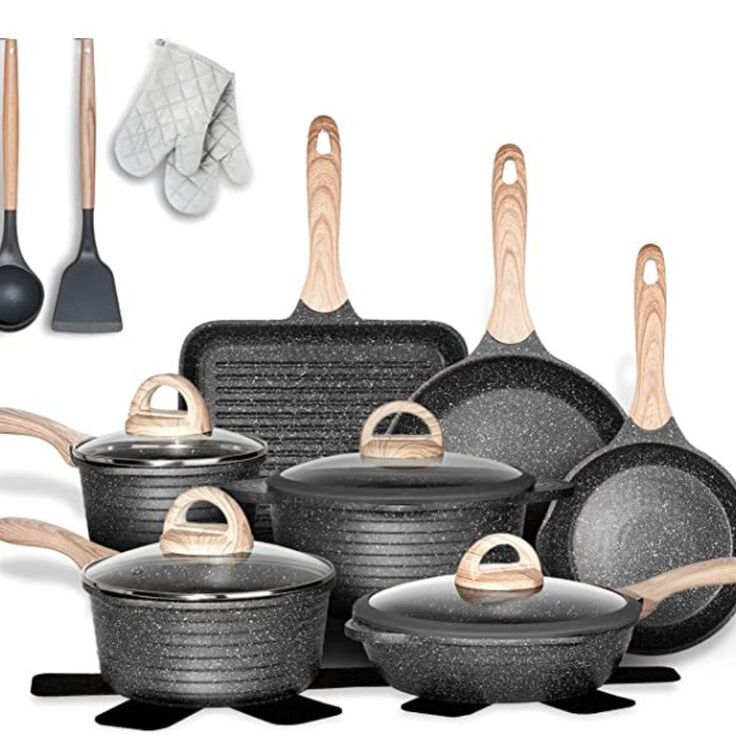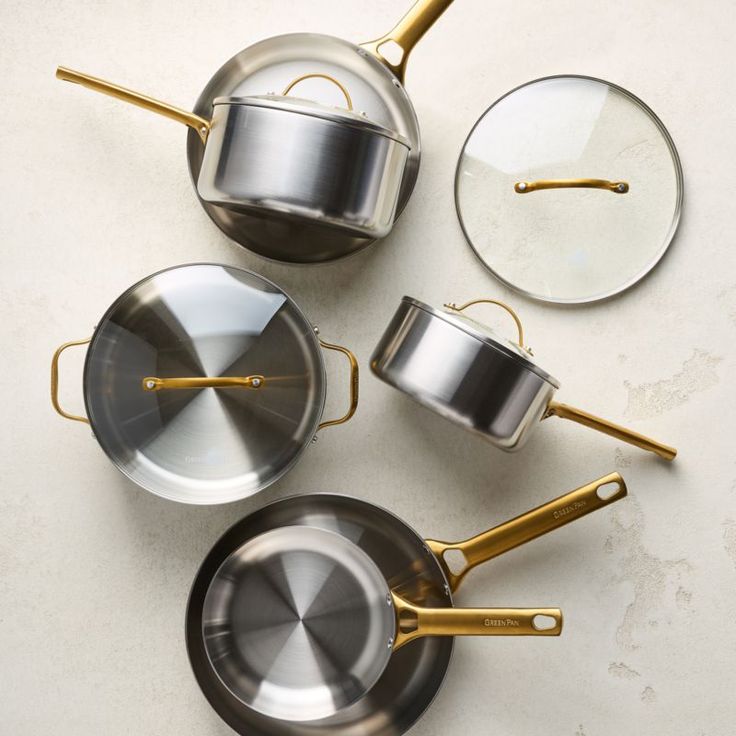Introduction to Aluminum Cookware
Aluminum cookware refers to pots, pans, and baking sheets made of aluminum. This material is popular because it’s lightweight and heats evenly. Many cooks prefer it for its ability to avoid hot spots in food. Aluminium cookware often has a coating to improve safety and prevent sticking. Yet, despite its many uses, some parts of Europe have concerns. Health and environmental risks have led to bans in certain places. We will look at the reasons for these concerns. These include the risks to human health and the impact on the environment. We’ll also explore the regulations that guide cookware safety. Our aim is to understand why aluminium cookware is sometimes not allowed. More importantly, how to ensure safety when choosing cookware. Let’s delve deeper into what makes aluminum cookware both useful and, at times, a concern.
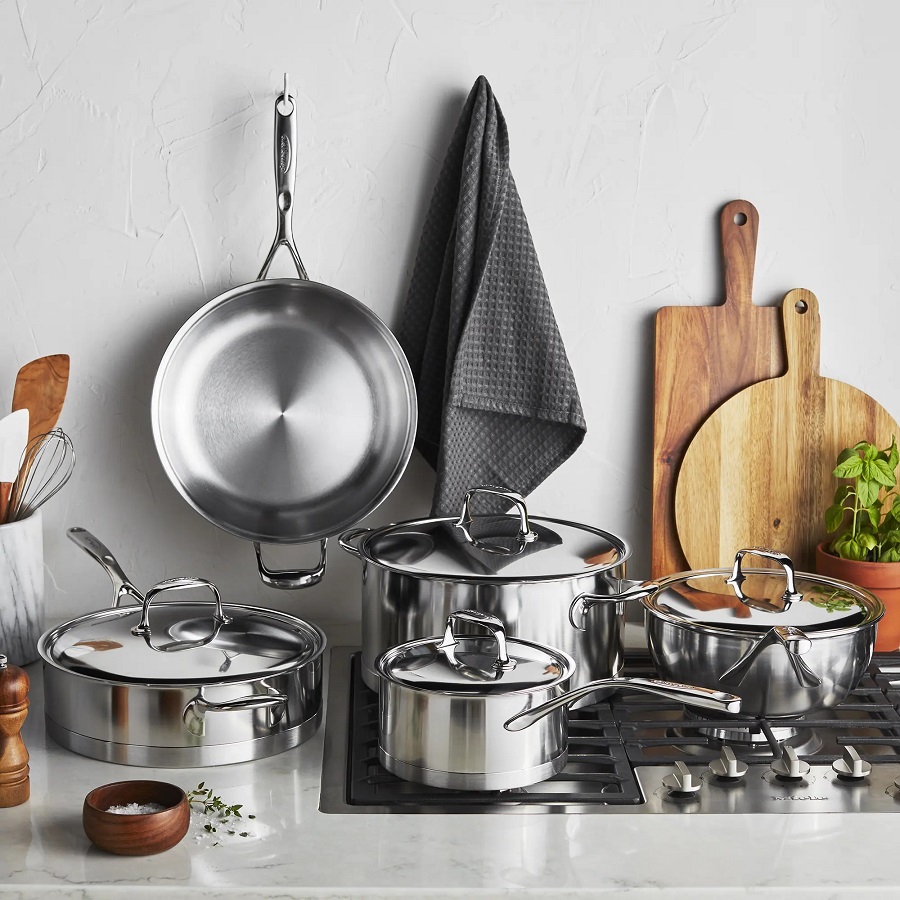
Health Concerns Leading to Bans
Concerns about human health have led to aluminum cookware bans in parts of Europe. The metal’s tendency to leach into food poses potential health risks. Acidic foods increase this leaching, raising health concerns. Let’s explore the critical issues driving these bans.
Aluminum Exposure and Human Health
Aluminum in small amounts isn’t harmful. But, when it leaches into food, it may become a health hazard. Studies link excessive aluminum to brain conditions like Alzheimer’s disease. Cooking acidic foods in aluminum can cause more leaching. With this risk, health safety is a top priority in cookware materials.
Acidic Foods and Aluminum Reactivity
Aluminum cookware reacts with acidic foods, such as tomatoes and citrus. This reaction increases aluminum levels in the food. To minimize health risks, using aluminum cookware for such foods is discouraged.
Impacts on Children and Vulnerable Populations
Vulnerable groups, like children, may face higher risks from aluminum exposure. They are often more sensitive to metals and chemicals in their environment. Therefore, safe cookware is crucial for protecting their health.
Studies and Regulations Guiding Bans
Research showed aluminum’s link to health issues. Thus, European regulations were set to limit aluminum in cookware. They help ensure public safety and reduce exposure risks. These regulations have influenced the bans in some European countries.
While aluminum cookware offers benefits like even heating, the potential health risks have raised substantial concerns. Recognizing these concerns, parts of Europe have moved to ban or restrict the use of aluminum in cookware. It underscores the importance of safety in the materials we use daily. Ensuring that our cookware is safe helps protect our health and well-being.
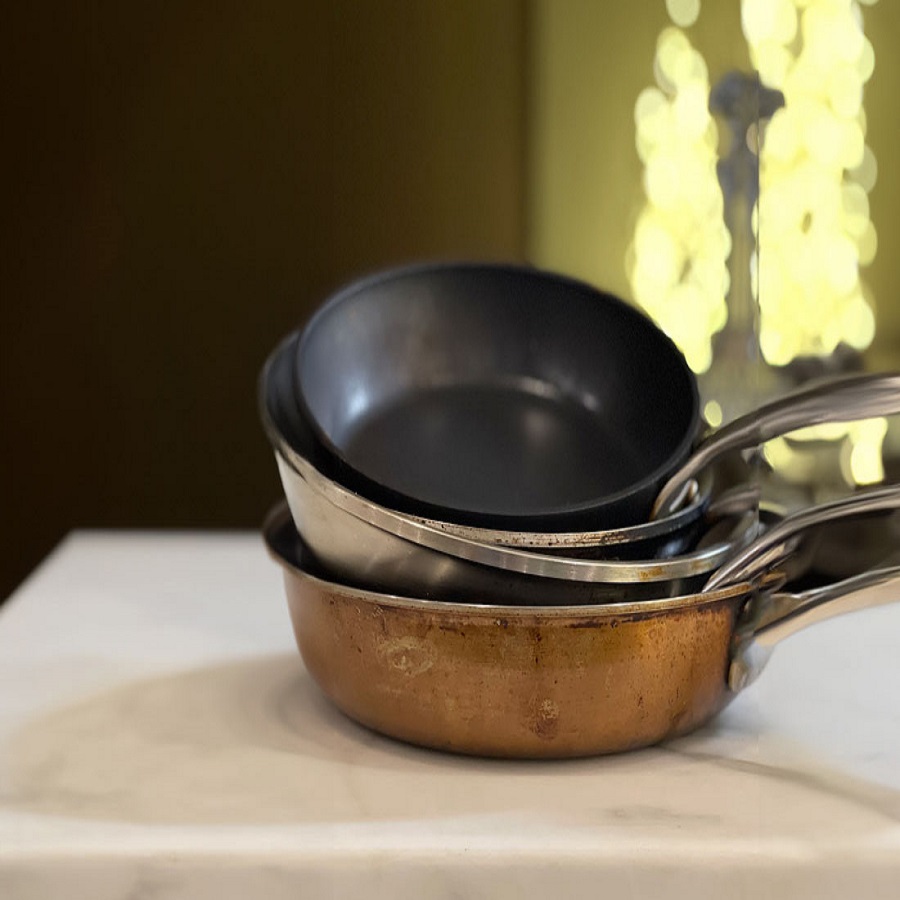
Exploring European Regulations on Aluminum Exposure
In Europe, strict rules govern aluminum in cookware. This aims to protect health and lower risk. With aluminum health risks known, Europe acts to limit exposure from pots and pans.
Understanding the European Regulatory Framework
Europe sets limits on aluminum in food contact materials. These rules stem from health studies, aiming to keep food safe. A key limit is the Tolerable Weekly Intake (TWI) of aluminum.
The Tolerable Weekly Intake (TWI) Explained
TWI caps aluminum intake at 1 mg per kg of body weight weekly. It is a safety threshold to prevent health issues. Set by experts, this limit helps reduce potential risks.
Compliance Ensured Through Certification
Cookware in Europe must show it meets safety standards. Labels and certifications are checks for compliance. Check these to confirm cookware aligns with European guidelines.
European Action Based on Scientific Evidence
Europe’s decisions on aluminum cookware rely on evidence. Scientific findings drive these bans and restrictions. The aim is to limit aluminum levels in the diet for safety.
Europe’s approach to controlling aluminum exposure in cookware is proactive. It is based on a detailed analysis. This ensures public health while considering scientific evidence.
Advantages of Using Aluminum Cookware
Although there are bans on aluminum cookware in some European countries, it’s important to recognize why it has been widely used globally. Understanding the advantages of aluminum cookware is essential for balanced viewpoints. Here are some key benefits to consider:
Excellent Heat Conduction
Aluminum excels at conducting heat. It heats rapidly and spreads warmth evenly. This avoids cooking spots that are under or overdone. So, your meals cook well, every single time.
Lightweight Nature
Aluminum’s light weight is a clear advantage. It’s easy to handle, especially for people with strength or mobility issues. This makes cooking tasks less straining and more enjoyable.
Cost-effective Cookware Option
Aluminum cookware is budget-friendly. It costs less than other materials like cast iron or stainless steel. For those who want to save on kitchenware, aluminum is a smart choice.
Despite the known disadvantages and the serious considerations that led to restrictions in Europe, these advantages have contributed to aluminum cookware’s popularity. It’s this combination of heat distribution, lightness, and affordability that has kept aluminum cookware in the market for so long. But as health and safety concerns grow, alternatives are being sought to continue providing these benefits without the attendant risks.
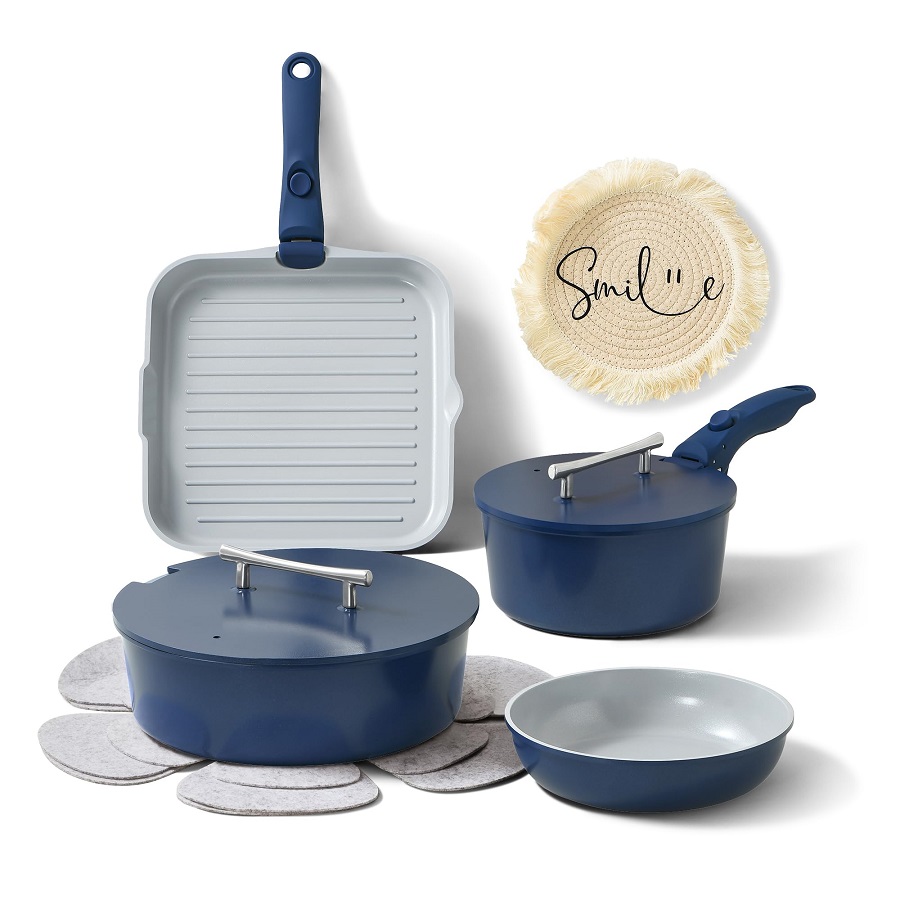
Disadvantages and Risks Associated with Aluminum Cookware
When choosing cookware, it’s important to consider not just the benefits, but also the potential downsides. Despite its popularity, aluminum cookware has several disadvantages and associated risks that have led to scrutiny and even bans in parts of Europe. Here are some key points to keep in mind.
Health Risks from Aluminum Leaching
Over time, cooking with aluminum cookware can lead to aluminum leaching into food. This is especially true when cooking acidic dishes like tomato sauce or lemon-based recipes. Research links high aluminum intake to health concerns, including neurological disorders such as Alzheimer’s disease.
Possible Toxicity and Regulations
Some European countries have set strict regulations against aluminum cookware. They have done this because of the potential toxicity of aluminum. Studies show that aluminum might affect the brain and other organs if consumed in large amounts over time.
Impact on Food Taste and Quality
Aluminum cookware can react with certain foods, changing their taste and appearance. Foods that are acidic or salty can absorb aluminum from the cookware, leading to a metallic taste that can ruin a good meal.
Durability Concerns
Aluminum pots and pans are prone to dents, scratches, and wear over time. They may not be as long-lasting as other materials. This means you might have to replace them more frequently than you’d like.
Incompatibility with Induction Cooktops
A major drawback of aluminum cookware is that it doesn’t work with induction cooktops. Induction cooking requires pots and pans that are magnetic, and aluminum doesn’t meet this criterion. If you have modern kitchen appliances, aluminum might not be the best choice.
Understanding the disadvantages of aluminum cookware helps us make safer, healthier choices for our kitchens. While the lightweight and heat-conducting properties of aluminum are advantageous, the potential health risks and environmental impacts are significant factors to consider.
Alternative Materials to Aluminum in Cookware
With rising health concerns, many now seek alternatives to aluminum cookware. These substitutes promise similar benefits without the risks. Here are popular options:
Cast Iron
Cast iron is a go-to choice for durability and heat retention. It’s heavy but lasts for ages. Ideal for searing and baking, it’s a kitchen staple.
Stainless Steel
Stainless steel is safe and robust. It won’t react with foods or leach harmful substances. It’s also induction-friendly and dishwasher safe.
Ceramic Cookware
Ceramic pots and pans are non-reactive and often come in non-stick versions. They handle high heat well and don’t contain toxic chemicals.
Glass
Glass cookware is inert and doesn’t leach chemicals into food. It’s excellent for baking and monitoring cooking progress.
Copper
Copper cookware heats up quickly and cools down fast. It provides precise temperature control but often has a stainless steel lining.
Silicone
Silicone bakeware is flexible, non-stick, and easy to clean. It’s a great choice for baking and food storage.
Choosing cookware made from these materials can minimize health risks. They also meet European safety standards for food contact. It’s essential to opt for high-quality options to ensure durability and safety.
Ensuring Cookware Safety and Compliance in Europe
To ensure safety, Europe has strict rules for cookware. This includes bans on materials that pose health risks like aluminium. Here’s how compliance is maintained and checked.
Checking for Conformity with European Standards
Cookware sold in Europe must meet safety regulations. To check compliance, look for labels that show EU standards. Trust trusted brands that adhere to these rules. These steps help reduce health risks from harmful materials.
Seeking Certifications and Quality Marks
Quality marks on cookware show that they are safe. Look for certifications like the CE mark. This indicates that the product complies with European safety laws.
Understanding the Marks and What They Mean
Labels and marks on cookware tell you about safety. The CE mark means it’s tested and safe in Europe. Other symbols may indicate specific safety features.
Purchasing from Reputable Sellers
Buy cookware from known sellers who follow EU law. Reputable sellers will provide safe, compliant products. They aim to protect consumer health and meet regulations.
By ensuring cookware compliance in Europe, we protect health and prevent exposure to harmful substances from aluminium or other materials. Proper labels and buying from reputable sources can help us make safe choices for our kitchens.
Environmental Considerations and the Future of Cookware
When choosing cookware, environmental impact matters. Aluminium cookware’s production and disposal can harm nature. Let’s consider these factors.
The Environmental Impact of Aluminium Cookware Production
Aluminium cookware production uses lots of energy, which can be bad for the planet. It involves mining and processing bauxite, leading to pollution. We must think about this when making cookware.
Disposal and Recycling Challenges
After use, disposing of aluminium pots and pans can be an issue. Unlike some materials, aluminium may not be easy to recycle. This can add to landfills and hurt the environment.
Looking at Eco-Friendly Cookware Options
As we look to the future, choosing eco-friendly cookware is key. Materials like cast iron and stainless steel can be better for the planet. They last longer, reducing waste. Some companies also make cookware from recycled materials. These choices help protect the environment.
Innovations in Cookware Design
Companies now innovate to make cookware safer and greener. They’re creating non-stick coatings that don’t harm health or the earth. This is good news for our kitchens and our planet.
The Shift Towards Sustainable Practices
More and more, people and companies are thinking green. They choose materials and processes that do less harm. Making this shift can help our environment.
In conclusion, being mindful of the environment when picking cookware is crucial. As we move forward, finding and using cookware that’s good for our health and the planet will be a big focus.
Conclusion: Evaluating Cookware Choices for Safety and Health
In light of the bans on aluminum cookware in parts of Europe, it’s clear that safety is paramount. When choosing aluminium cookware, we must evaluate both its health impact and environmental footprint. It’s crucial to weigh the advantages, like heat distribution and affordability, against the potential risks to our well-being.
We should opt for aluminium cookware that meets European safety standards. These standards are in place to shield us from the dangers of aluminum exposure. Cookware with safety certifications assures compliance with these important regulations.
Seeking out alternatives like cast iron, stainless steel, and ceramic offers safer cooking options. These materials also align with eco-friendly practices, essential for protecting our planet. As we look to the future, the trend is clear – cookware will continue to evolve with a focus on health and sustainability.
To sum up, the key is to choose aluminium cookware that is safe, long-lasting, and has minimal impact on the environment. By making informed choices, we can safeguard our health and contribute to a greener future.
